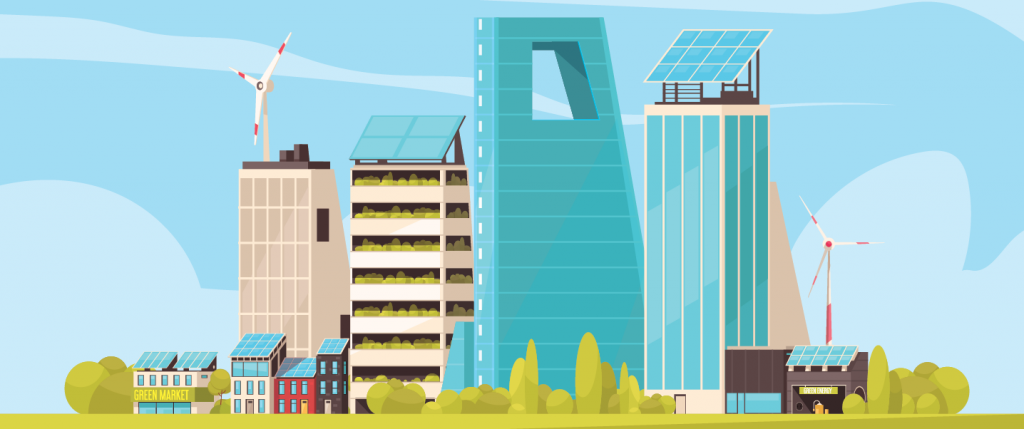Insights
Budgeting for India’s environment and natural resources
February 17, 2021The Union Budget for the year 2021-22 highlights the intent of the Government of India to control pollution, manage waste and conserve our natural resources while ensuring their sustainable utilisation. Initiatives like the National Hydrogen Energy Mission will help us in reducing emissions, moving towards clean mobility, conserving resources and also meeting our climate change commitments. The creation of a Multipurpose Seaweed Park will not just help create jobs and improve the lives of the coastal communities but it will also help conserve and sustainably use our natural resources for collective good. Seaweed has varied medicinal and industrial uses. Focussing on it will help develop it as a very promising sector for the future.

India is a country blessed with rich biodiversity and a long coastline. Oceans have a major influence on not just our climatic conditions but they also store the wealth of our rich deep-sea biological diversity. Allocation of INR 4000 crores under the Deep Ocean Mission for deep ocean survey exploration and projects for the conservation of deep sea biodiversity is a very good initiative which will reap long term benefits for our marine biodiversity. To support the world’s second largest population there is an immense pressure on our natural resources including air, water, and forests.
Read More+
Managing India’s waste has been one of the most crucial challenges in recent times. Allocation of INR 1,41,678 crores between 2021-2026 under the Urban Swachh Bharat Mission 2.0 for faecal sludge management, waste water treatment, source segregation of garbage, reduction in single-use plastic, reduction in air pollution by effectively managing waste from construction-and-demolition activities and bioremediation of all legacy dump sites will greatly help in achieving this objective.
The vehicle scrapping policy has been long due. After several rounds of deliberations, we will soon have a policy which most likely will be acceptable to all the stakeholders. This is reaffirmed by the fact that
the government has made it voluntary so that the owners do not find it burdensome and have adequate incentives to replace their end-of-life vehicles with fuel efficient, environment friendly vehicles, thereby reducing vehicular pollution and dependence and cost of oil imports.
Some of our cities have held the dubious distinction of having the worst air quality in the world. While the reasons are manifold and the courts, especially the Supreme Court and the Central Government are working towards improving the air quality, allocation of INR 2,217 crores for 42 urban centres with a
million-plus population in this budget will greatly help in improving the air quality in these cities and across the country. Just like clean air, potable water is getting scarce with every passing day. With a
rapidly growing population and fast depleting water resources, there is a greater need to not just restore and conserve our water bodies but to also manage our liquid waste more efficiently. Allocation of INR 287000 crores towards the Jal Jeevan Mission (Urban) aims to achieve this objective while ensuring universal water coverage for all.
This article was originally published in Business World on 17 February 2021 Written by: Nawneet Vibhaw, Partner. Click here for original article
Read Less-
Disclaimer
This is intended for general information purposes only. The views and opinions expressed in this article are those of the author/authors and does not necessarily reflect the views of the firm.

